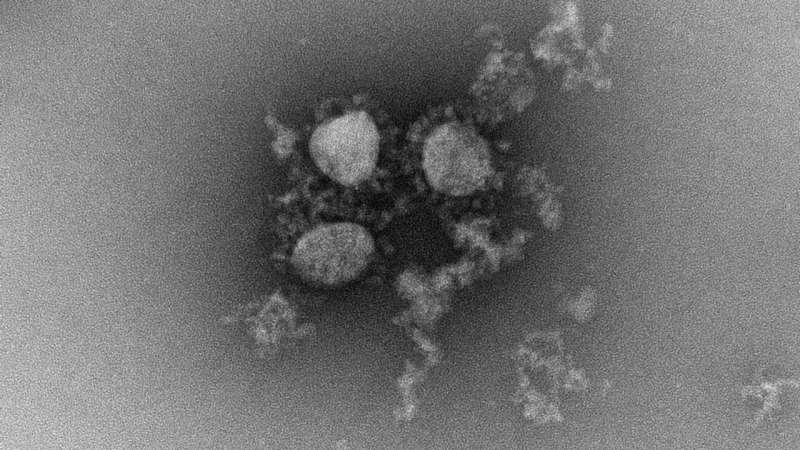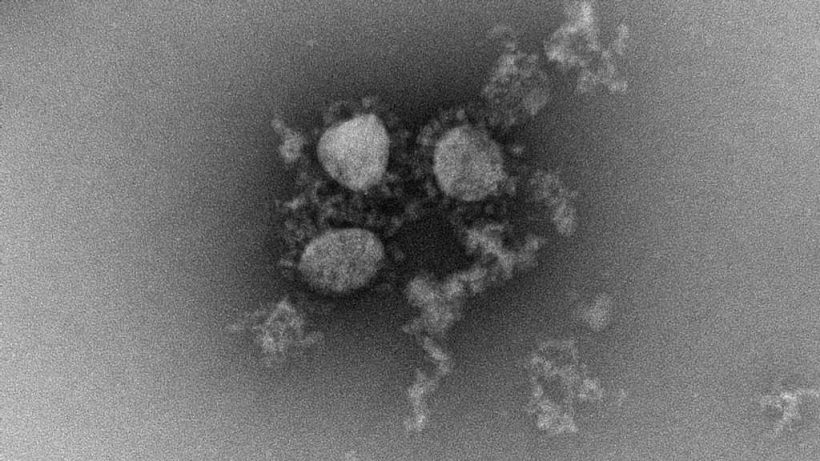
Mutations to the spike protein of the omicron variant are shown to alter how the virus infects cells and reduce its sensitivity to therapeutic and vaccine-elicited antibodies, according to a paper published in Nature. Booster doses of mRNA vaccines improve neutralization, and the antiviral drugs remdesevir and molnupiravir are shown to retain efficacy against omicron.
omicron carries approximately 36 mutations in the spike protein, the part of the virus that facilitates entry into host cells. Ravindra Gupta and colleagues identify changes that have the potential to affect binding to the host receptor, ACE2. They also show altered infectivity in several cell types, including reduced replication in airway organoids and gut cells, compared with the previous delta variant. They show that omicron is less dependent on the cell membrane protein transmembrane serine protease 2 (TMPRSS2), which is required by previous variants for efficient infection of cells. Their data indicate that mutations to the omicron spike reduce efficient infection of lower airway cells expressing TMPRSS2 (such as cells in the alveoli), but not TMPRSS2-negative cells such as those found in the upper airway.
To understand how omicron may respond to existing COVID-19 treatments, the authors incubated both live and pseudoviral particles with clinically approved antibodies to analyze the interactions between the antibodies and the omicron spike. They find that casivirimab and imdevimab, which have been shown to be particularly effective at neutralizing delta when used together, lose all neutralizing activity against omicron when used either individually or in combination. The antiviral agents remdesivir and molnupiravir are shown to have similar activity against delta and omicron.
Source: Read Full Article






